Can AI Write an Article? The Future of Fact-Checking and AI Collaboration
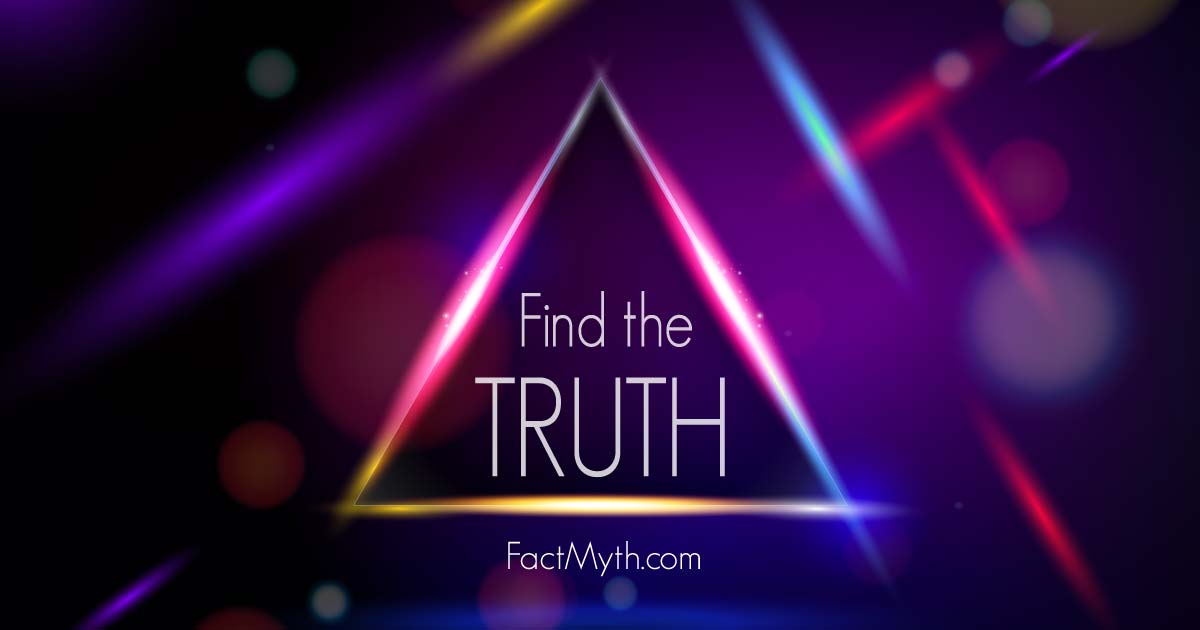
This article explores the relationship between AI and human collaboration, current AI limitations, and the future roles of humans and AI in fact-checking.

This article explores the relationship between AI and human collaboration, current AI limitations, and the future roles of humans and AI in fact-checking.
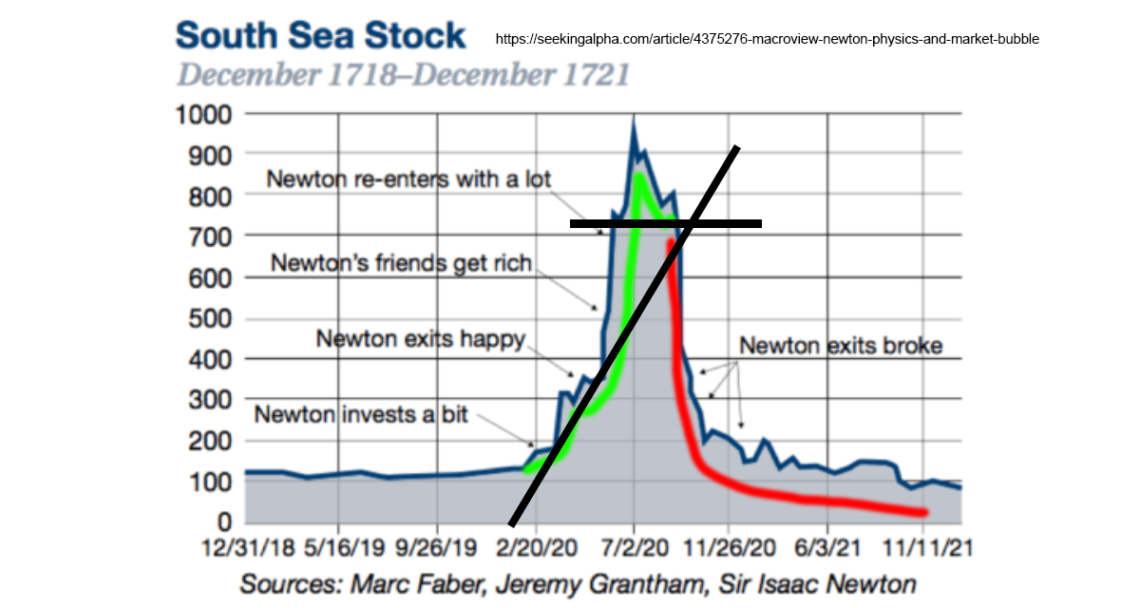
Isaac Newton didn’t just buy the top in the South Sea bubble. He bought early, sold for a modest profit, then bought back in near the top after seeing others get rich, only to sell near the bottom for a loss of £20,000 (roughly £1.2 mil in 2021 adjusted for inflation).
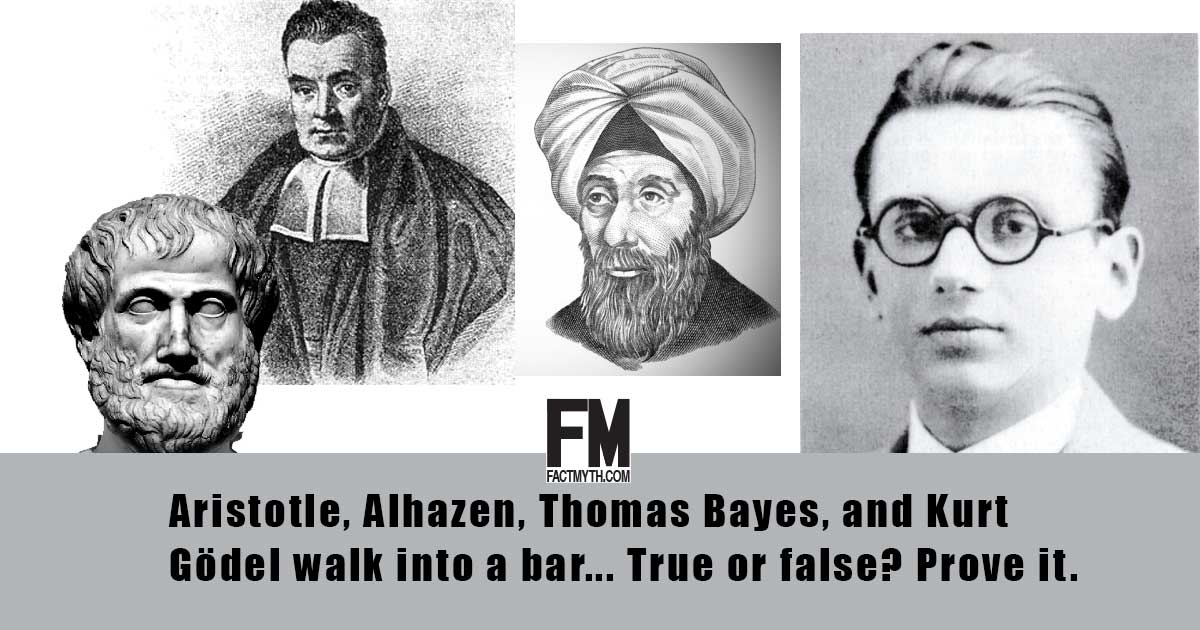
Truth and facts have a lot in common, but they are not exactly the same. Truth is something that is the case. Facts are true statements. Truth is best described using facts and logical reasoning.
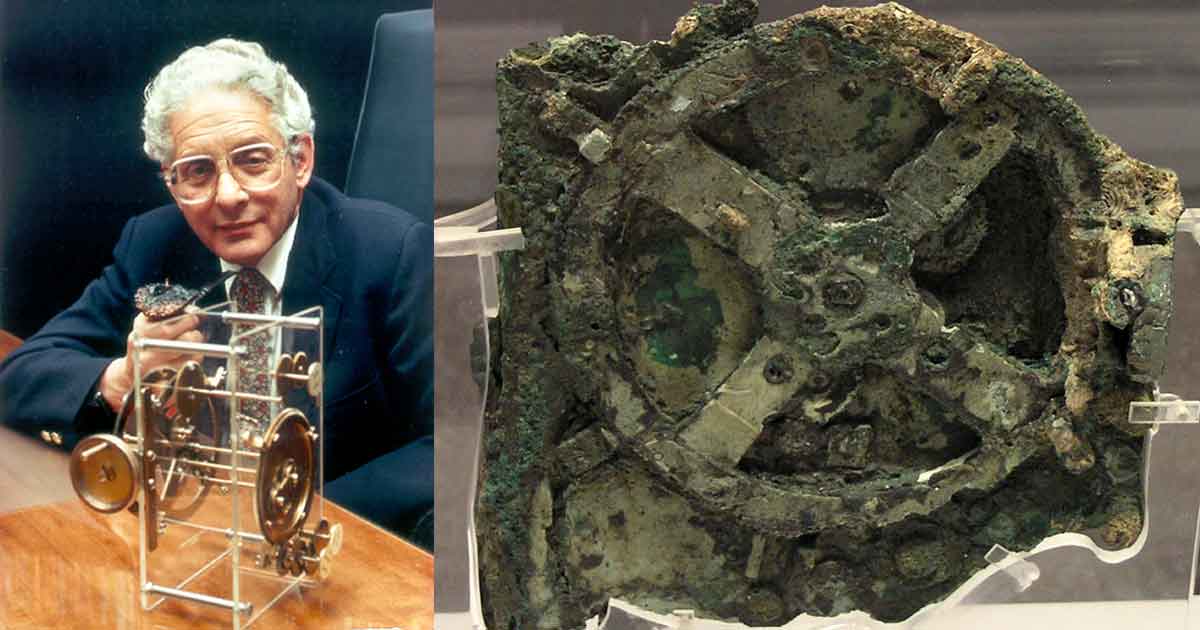
Price’s Law says, “half of the publications come from the square root of all contributors.” This is sometimes used to support the idea that “a few people generate half the results.”
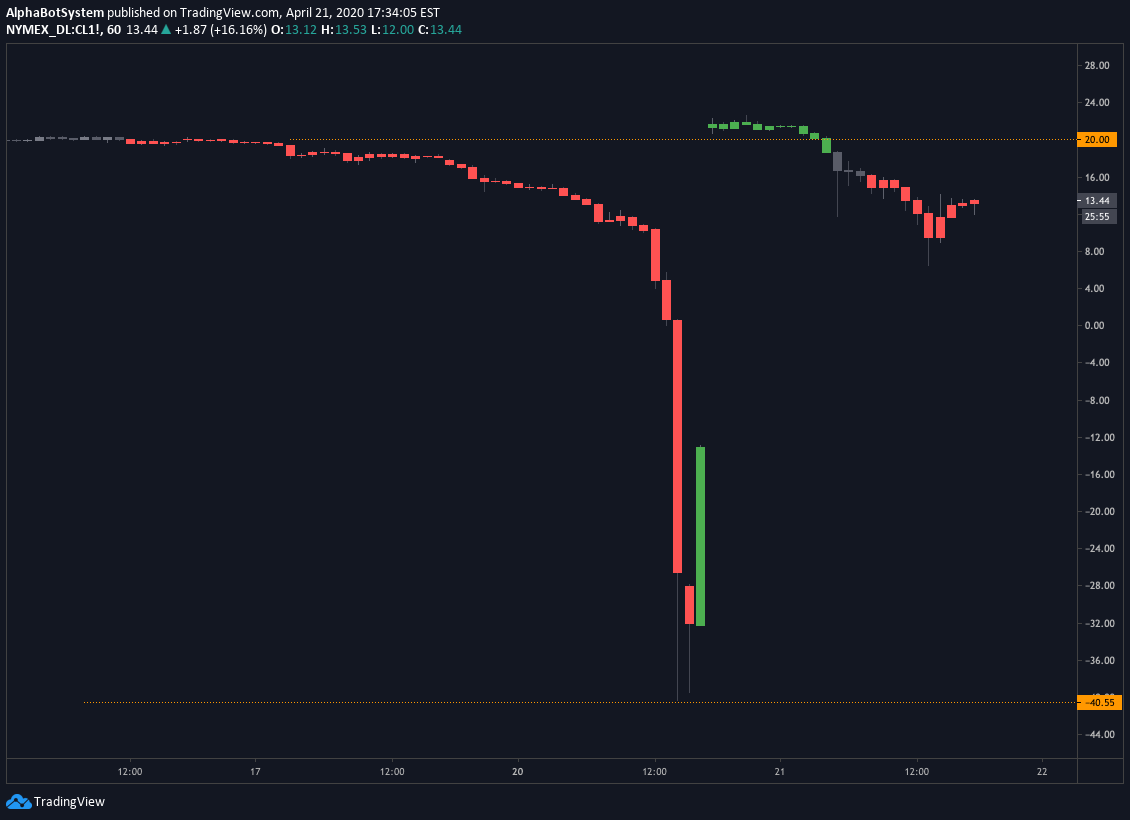
Oil prices went negative on April 20th, 2020. This essentially translated to oil producers paying buyers to take oil. This was the result of a lack of demand for oil causing a lack of storage / a fear of a lack of storage.
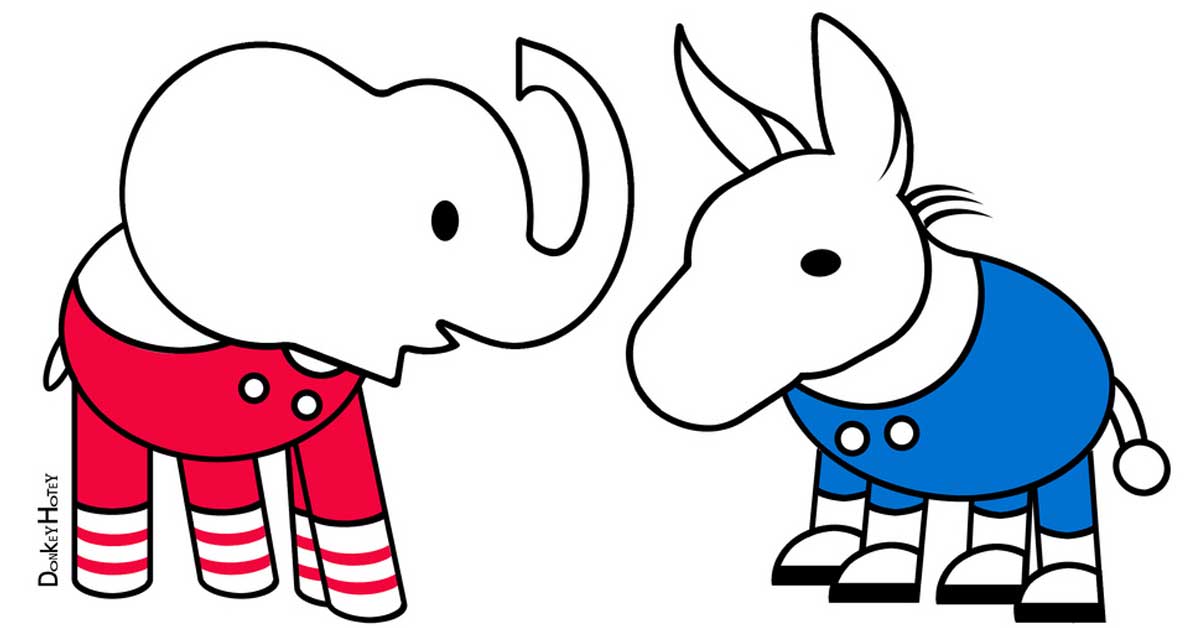
The main differences between Trump, Biden, and Bernie on healthcare centers around how insurance is paid for and what benefits are included. That then impacts who gets insurance, what it costs, and what taxes look like.

We present facts and myths on the coronavirus disease 2019 (COVID-19). All of our data comes from official sources like the WHO and CDC when possible.

To trade or invest in cryptocurrency you’ll need a cryptocurrency wallet and an exchange to trade on. Luckily, some platforms like Coinbase provide both services in one place.
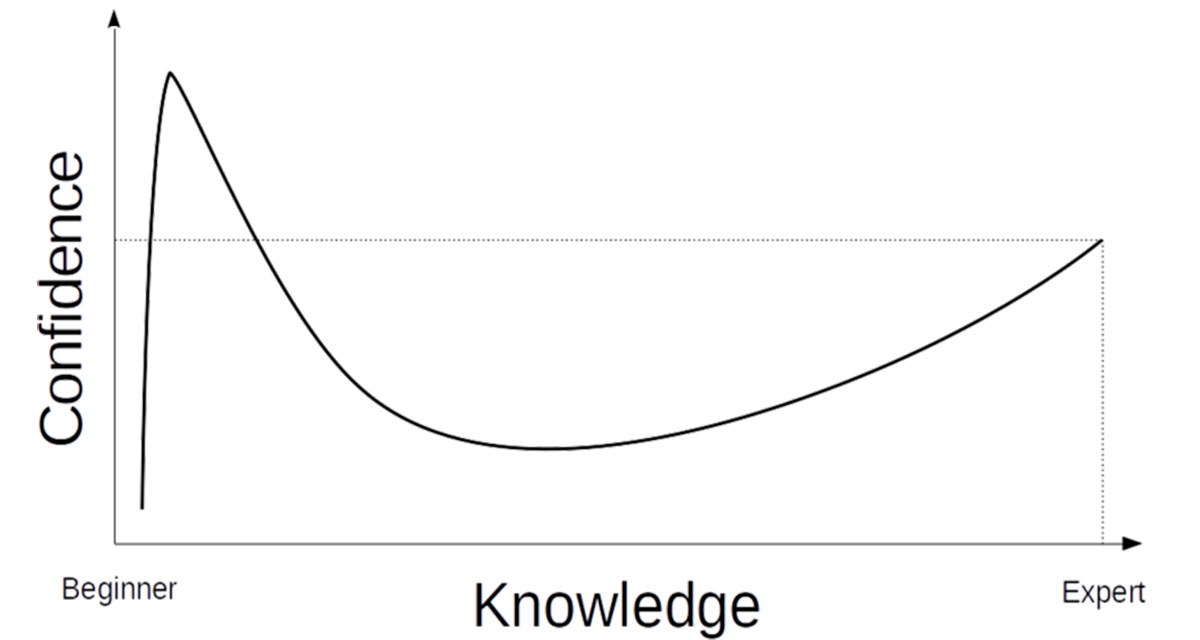
The Dunning–Kruger effect is when people over-estimate their competence in something due to a lack of experience in that thing.
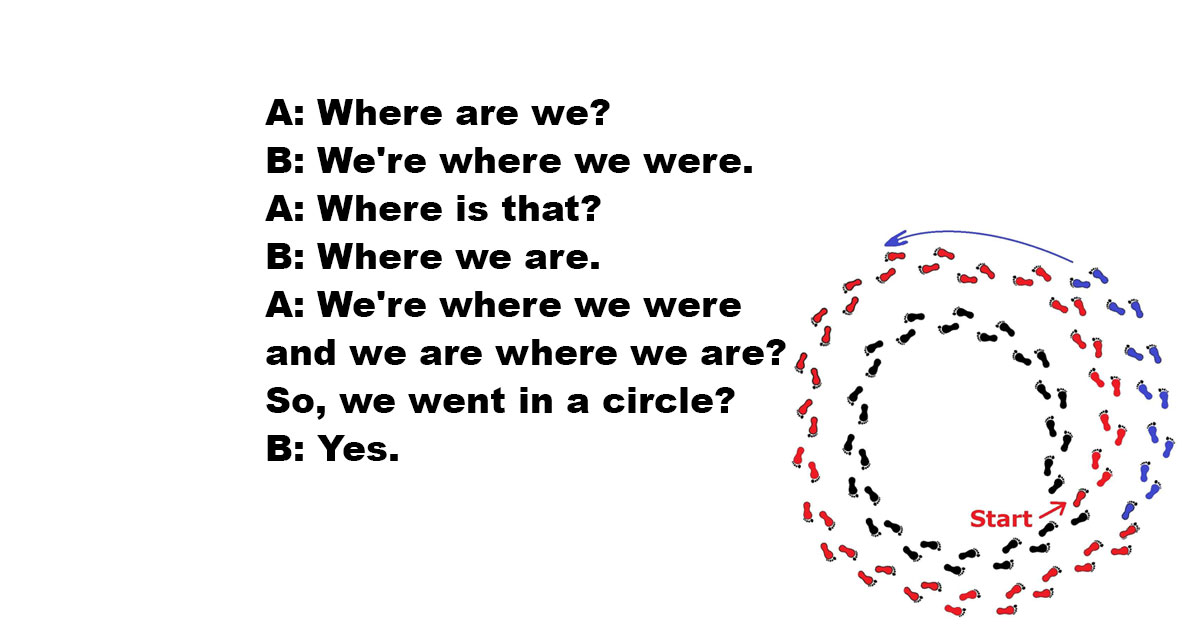
It is common to confuse we’re, were, and where. We’re is a contraction of “we are,” where references location, and were is the plural past tense of “are.” Used in a sentence, it works like this, “we’re where we were.”